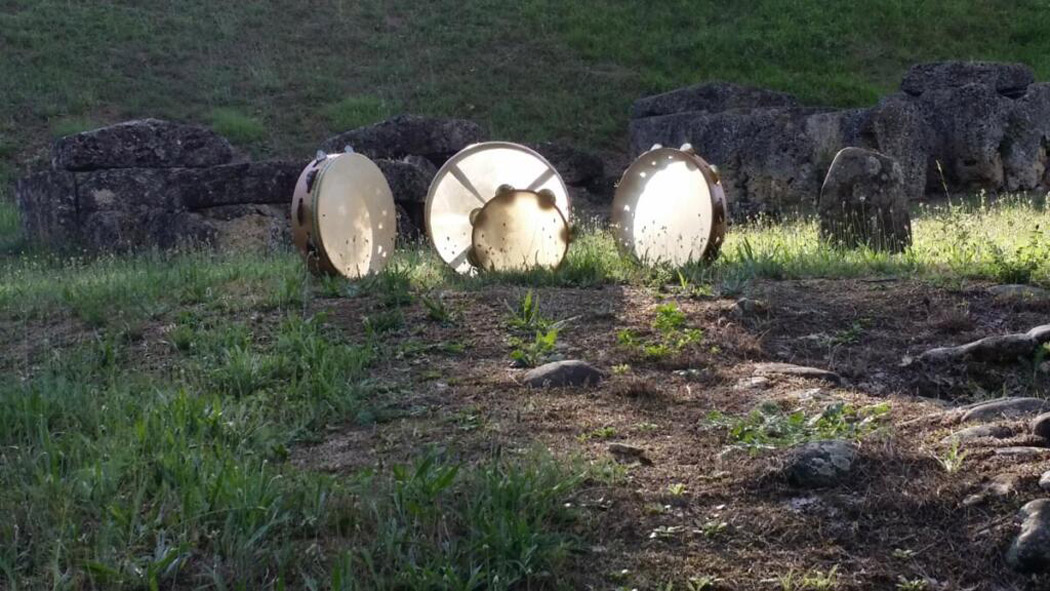Just 70 years ago today one of the most beautiful tenor voices was born in Barcelona, a city with a great history of music and architecture, and one that has great pride in its wonderful son, José Carreras.
In 1992 he repaid his heritage as musical director for the opening and closing ceremonies of the Olympics. But José Carreras is much better known as one of the three tenors. Along with Pavarotti and Placido Domingo, their concerts started in 1990 in Caracalla in ancient Rome on the eve of the final of the FIFA World Cup and continued until 2003.
Billions have seen or heard these concerts, including the one I was fortunate to attend in Melbourne in 1997, a night of rapture.
My passion for the singing of each of the three tenors and particularly Carreras was born from a radio show in Australia each Sunday evening – Singers of Renown – presented by John Cargher.
The show ran for 42 years, the longest running radio program, until 2008. Cargher introduced me to José Carreras at some time in the 70’s praising the near perfection of the tenor voice. It was through Cargher, I guess in 1987, that we learnt that Carreras was suffering from leukemia, a disease that in those days was even more terminal than today. Yet, thanks to God and José’s spirit, he survived to return to the stage at Caracalla with his two operatic mates.
José Carreras became enamoured by the tenor voice and opera when he was just 6 and saw Mario Lanza, who became his hero, singing in ‘The Great Caruso’. It is said that José nearly wore out his welcome at home, incessantly repeating his rendition of
‘La Donna è Mobile’. Yet his persistence paid off and at 8 he gave his first public performance of this Verdi classic. In fact Verdi and Puccini have been the two ‘favourite’ composers for Carreras.
When it comes to leading ladies, he was given his first big break in a leading role by Montserrat Caballe who, having heard him sing a small part in Norma, invited him to sing Gennaro with her in Lucrezia Borgia which opened on 19 December 1970 when he was just 24, a youth in long pants.
José Carreras won several prizes early in his career and his debut in Italy was as Rodolfo (La Boheme) in Parma early in 1972. Staying with Puccini he played Pinkerton in his New York City Opera debut. At the Met, his first role was as Cavaradossi in Tosca. In Vienna, he opened with Alfredo in La Traviata. And on it went through the seventies and eighties.
His leading ladies were most of the ‘names’ of the operatic stage. Yet his partnership with Katia Ricciarelli commencing from Parma in 1972, lasted 13 years on the stage and on disc.
Carreras started his career as a lyric tenor, as most of his roles demonstrated, and then moved up to a spinto (between lyric and dramatic tenor) with roles such as Cavaradossi. Carrera has "a noble timbre, richly coloured and sumptuously resonant" (Fraga). Carreras is also known for the beauty and expressiveness of his phrasing and for his passionate delivery, something he shared with Guiseppe di Stefano, whom he regarded very highly.
Italy and his Italian admirers remember José Carreras, not just through his recordings and recognition of his good works, but in their appreciation by awarding him Knight Grand Cross and Grand Officer of the Order of Merit of the Italian Republic.







Follow us